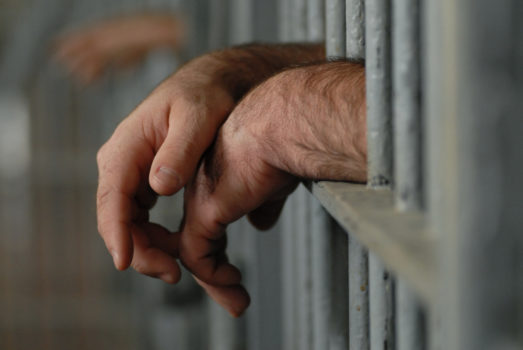
In State v. Edwin Andujar (A-6-20/084167) (Decided July 13, 2021), the Supreme Court of New Jersey first addressed when a criminal history check can be run on a prospective juror. It concluded that while it may occasionally be appropriate to conduct a criminal history check to confirm whether a prospective juror is eligible to serve and to ensure a fair trial, that decision can’t be made unilaterally by the prosecution.
Facts of State v. Andujar
The New Jersey Supreme Court unanimously agreed that the defendant’s conviction must be reversed, and the case remanded for a new trial. “Under the circumstances, we find that defendant’s right to be tried by an impartial jury, selected free from discrimination, was violated,” Chief Justice Stuart Rabner wrote. “The record reveals that implicit or unconscious racial bias infected the jury selection process in violation of defendant’s fundamental rights.”
The New Jersey Supreme Court also established new rules for when a criminal history check can be run on a prospective juror. “Courts, not the parties, oversee the jury selection process,” the Chief Justice wrote. “Going forward from today, any party seeking to run a criminal history check on a prospective juror must first get permission from the trial court.”
The court went on to establish the following framework for conducting criminal background checks of jurors:
For requests made before the jury has been empaneled, the prosecution or defense should present a reasonable, individualized, good-faith basis to believe that a record check might reveal pertinent information unlikely to be uncovered through the ordinary voir dire process. The results of the check must be shared with both parties and the court, and the juror should be given an opportunity to respond to any legitimate concerns raised.
The New Jersey Supreme Court concluded that the above standard was not met. It further found that there was nothing on the record that justified the State’s decision to selectively focus on F.G. and investigate only his criminal record. “Based on all of the circumstances, we infer that F.G.’s removal from the jury panel may have stemmed from implicit or unconscious bias on the part of the State, which can violate a defendant’s right to a fair trial in the same way that purposeful discrimination can,” Rabner said. “We cannot ignore the evidence of implicit bias that appears in the extensive record.”
Going forward, the New Jersey Supreme Court asked the Director of the Administrative Office of the Courts to arrange for a Judicial Conference on Jury Selection to explore the nature of discrimination in the jury selection process. “The Conference will explore the nature of discrimination in the jury selection process,” Chief Justice Rabner wrote. “It will examine authoritative sources and current practices in New Jersey and other states, and make recommendations for proposed rule changes and other improvements.”
